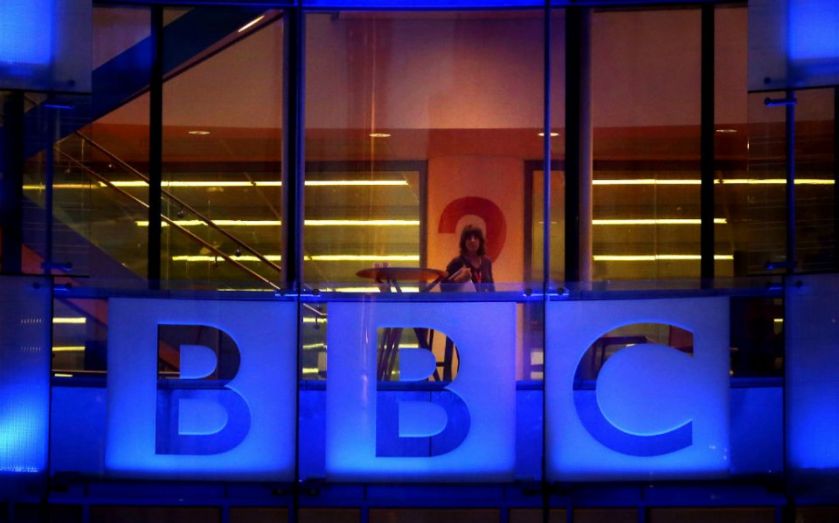Lord Tony Hall reveals plans for BBC’s “open platform” future: Local news partnerships, North Korea broadcasts, and children’s iPlayer

Tony Hall, the director general of the BBC, has promised the public broadcaster will be "an open platform for British creativity" in a speech outlining plans for its future ahead of next year's royal charter renewal.
Lord Hall said the proposals would "lead to a more creative and distinctive BBC" but warned that it would "not be a bigger BBC, but a better BBC".
"These proposals are about creating an open, more distinctive BBC," he said this morning. "An open BBC that works in partnership for the good of Britain at home and abroad. An open BBC that helps secure the future of public service broadcasting and upholds democracy both at a local and an international level."
“The BBC must modernise to preserve and enhance what is best about public service broadcasting to ensure we continue to have a BBC that is British, bold and creative," he added.
Read more: Meet the eight people deciding the BBC's future
The plans, which will be funded through cutbacks elsewhere in the corporation, include a new iPlayer service for children called iPlay, partnerships with local newspapers and other organisations such as universities and museums as the BBC takes on a role as a curator of British culture.
The BBC will aim to make a further 20 per cent cut to its costs, which will come from efficiency, commercial growth as reductions in services and closures.
"The BBC faces a very tough financial challenge, so we will have to manage our resources ever more carefully and prioritise what we believe the BBC should offer. We will inevitably have to either close or reduce some services," said Hall.
Read more: John Whittingdale's BBC velvet glove masks a hand of steel
"We will also have to change the way we work," he added. "We all want a simpler, more effective organisation where as much money as possible goes on programmes and services. We all want a BBC which will pioneer, will innovate, and will adapt to the new challenges we face, whilst holding on to the core values of the BBC – values that we all hold dear."
The government is preparing for a review of the BBC's royal charter and public service remit in 2016. The corporation has already promised to take on the costs of funding free televison licences for the over-75s.
There will however be "significant investment" in the World Service, including plans for radio broadcasts in North Korea for the first time, to "uphold Britain's place in the world and the promotion of British values".
Funding for the expansion of the World Service will be discussed with the government.